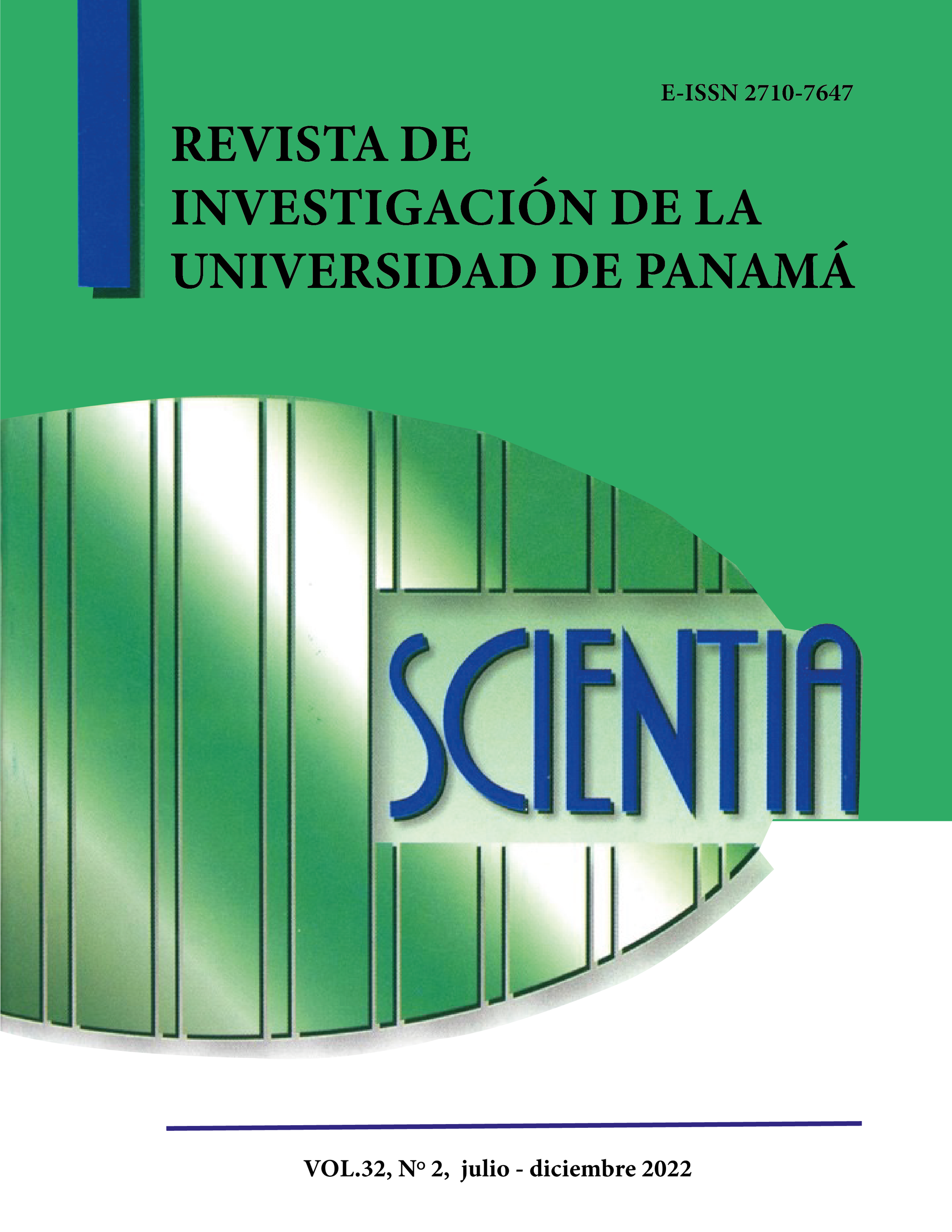

Copyright (c) 2024 licencia de Creative Commons Reconocimiento-NoComercial-CompartirIgual 4.0 Internacional.

This work is licensed under a Creative Commons Attribution-NonCommercial-ShareAlike 4.0 International License.
The epidemic of non-traditional chronic kidney disease (CKDnt) present in the Pacific Ocean coast along Central America has been related to exposure to high temperature and recurrent dehydration. This study proposed an experimental model of CKDnT caused by heat stress and dehydration by evaluating several cardiovascular and biochemical parameters in rodents. Treated mice (GTdH) were subjected to recurrent dehydration induced by exposure to high temperature for 8 hours, for one week; contrary to the control group (CG) which was maintained under standard conditions. For both groups, control (CG) and GTdH, no significant changes in body weight, water consumption, feed consumption, and plasma glycemia values were demonstrated. About cardiovascular parameters in both groups of animals, no significant differences were found in heart rate, diastolic, and mean arterial pressure; however, in the GTdH, a significant increase in systolic arterial pressure was observed in comparison with the CG (123.9±12.3 vs.102.8±12.9 mmHg; p<0.05). Important findings found in the GTdH were hematuria and a decrease in the organ weight/body weight ratio. The set of results obtained allows us to demonstrate that heat stress and dehydration are conditions that accelerate the processes that precede renal damage and therefore these factors could be used experimentally for future studies on CKDnT.